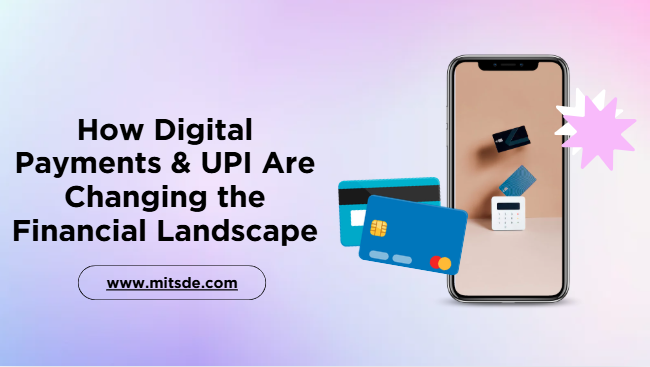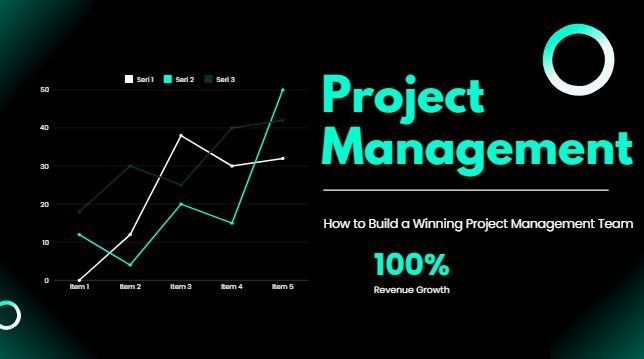
The world of banking is changing at an incredible rate, and digital payments have emerged as a game changer. Traditional banking techniques are giving way to more efficient, safe, and seamless alternatives as a result of the Unified Payments Interface (UPI) and other digital payment systems’ quick acceptance. This transformation is altering the financial landscape, enabling speedier transactions and more accessibility to financial services.
The Evolution of Digital Banking
The banking business has changed dramatically during the last decade as a result of technological improvements. Financial institutions have always changed to give their clients better services, from the early days of online banking to the emergence of mobile banking apps.
Digital payments in banking, which have done away with real currency and checks, are among the most noteworthy advancements of the last few years. The introduction of UPI has accelerated this change by allowing individuals and businesses to conduct quick, hassle-free transactions.
The Role of UPI in Financial Services
UPI (Unified Payments Interface) has transformed the way financial transactions are conducted in India. UPI, which was introduced by the National Payments Corporation of India (NPCI) in 2016, has grown to be the mainstay of the nation’s digital payments system. It enables customers to integrate various bank accounts to a single platform, resulting in seamless transactions.
The relevance of UPI in financial services goes beyond payment transfers. Customers may now pay for goods and services more easily since it has made it possible for businesses to incorporate digital payments into their operations. With features such as QR codes, UPI Autopay, and recurring payments, UPI is more than a convenience in today’s fast-paced economy.
Benefits of UPI Transactions
The great acceptance of UPI transactions can be ascribed to the multiple benefits it provides:
✅ Instant Transactions: UPI transactions are handled instantly, guaranteeing prompt and error-free money transfers.
✅ 24/7 Availability: Users find UPI handy since it is available around-the-clock, unlike traditional banking systems.
✅ Enhanced Security: UPI transactions are extremely safe and reduce the possibility of fraud thanks to two-factor authentication.
✅ Smooth Integration: Both individuals and businesses can easily incorporate UPI into their payment systems.
✅ Lower Transaction Costs: By doing away with the requirement for middlemen, UPI lowers the expenses related to conventional financial transactions.
Impact of UPI on Financial Inclusion
One of the most important aspects of UPI is its role in financial inclusion. UPI has helped close the gap by giving people in nations like India, where a sizable portion of the populace was previously unbanked, access to financial services.
📌 Empowering Small Businesses: The ability to take digital payments has made it easier for small and medium-sized businesses (SMEs) to grow their clientele.
📌 Rural Penetration: UPI has made it easier for people to send and receive money, even in isolated places, which has decreased their reliance on cash.
📌 Government Initiatives: Programs like Digital India and Jan Dhan Yojana have used UPI to advance financial literacy and digital banking.
Future of Digital Payments in India
The future of digital payments in India appears to be bright, thanks to ongoing advances in fintech banking trends. Digital payments will be significantly improved by emerging technologies like blockchain, machine learning, and artificial intelligence (AI).
🔹 UPI 2.0 & Beyond: UPI will become even more potent with features like voice-activated payments, multi-layered authentication, and overdraft accounts.
🔹 International Recognition: Bhutan, Singapore, and the United Arab Emirates are among the nations that have adopted UPI as a platform for cross-border transactions.
🔹 Contactless Payments: Biometric authentication and NFC-based payments will make online transactions even easier.
Career Opportunities in Digital Banking
As the popularity of digital banking grows, so does the demand for experts with knowledge in this field. A PGDM in Banking & Financial Services program can give students the tools they need to succeed in this field.
Career opportunities in digital banking include:
🎯 Fintech Analyst: Developing cutting-edge banking solutions in collaboration with financial technology companies.
🎯 Risk & Compliance Manager: Making sure digital transactions adhere to regulations.
🎯 Blockchain Expert: Putting safe and open banking ideas into action.
🎯 Product Manager – Digital Payments: Responsible for creating and managing digital payment solutions.
Why Choose MITSDE for a PGDM in Banking & Financial Services?
The PGDM in BFS program offered by MITSDE gives students who want to pursue a career in digital banking a thorough understanding of risk management, UPI advancements, fintech trends, and financial analytics. This course prepares students for the dynamic world of digital banking, allowing them to stay ahead of the competition.
Conclusion
The rise of digital payments in banking, together with the evolution of UPI in financial services, has transformed the financial environment. Digital banking will only expand further as technology develops, bringing with it new innovations and opportunities. If you’re interested in a career in digital finance, the Best PGDM in Banking & Financial Services courses could be your ticket to success! 🚀



